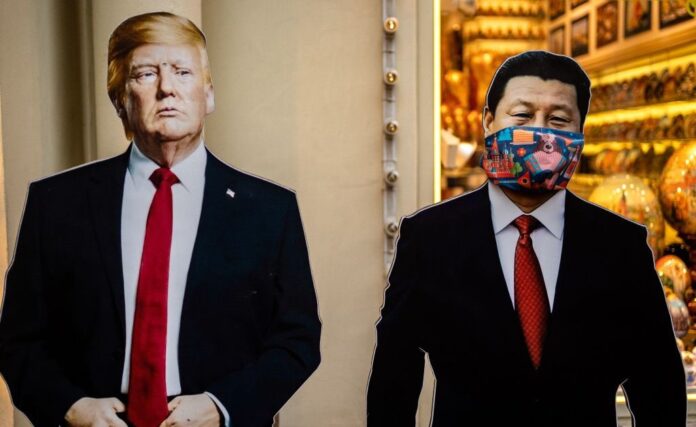## Is America turning its back on global health?
The World Health Organization, the UN’s health watchdog, has long been a cornerstone of international cooperation. But the U.S., a founding member and major contributor, is threatening to pull out, leaving a gaping hole in the global health security net.
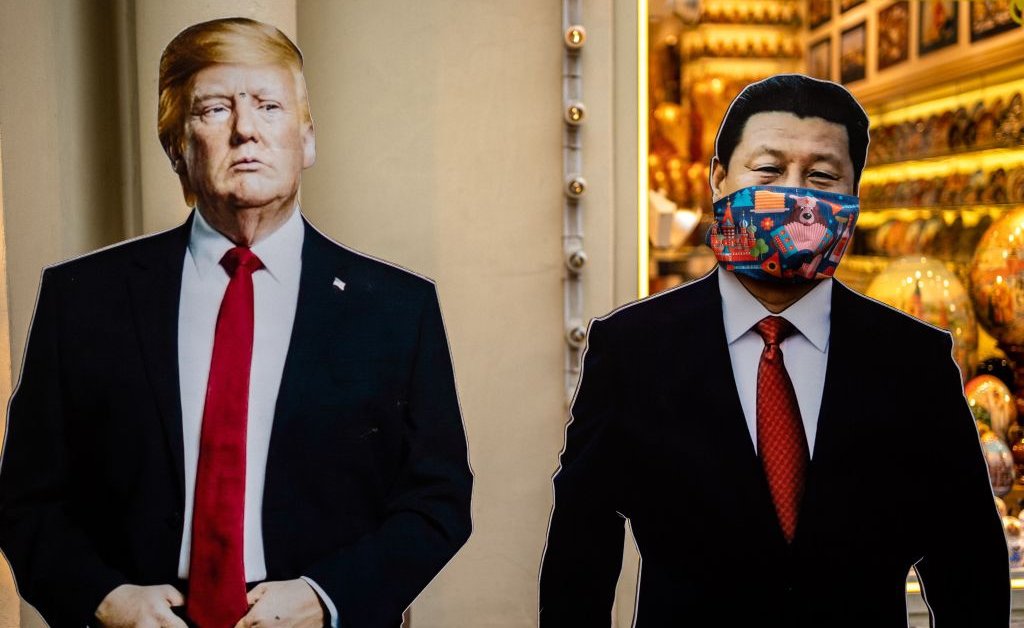
The U.S. Withdrawal from the WHO: A Global Perspective
A Longstanding Partnership
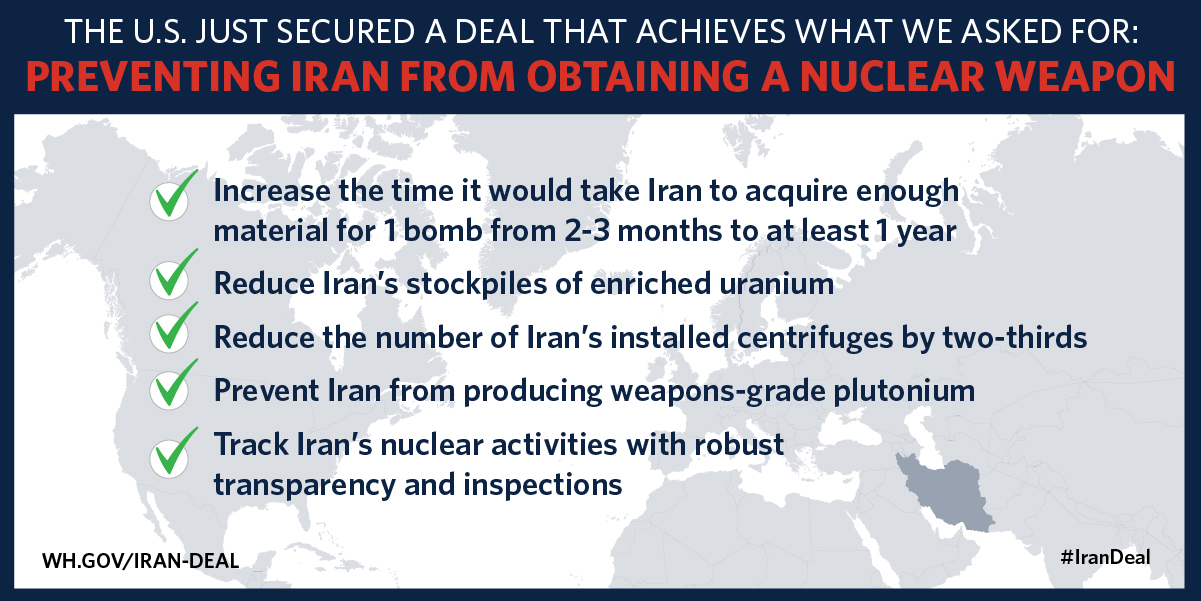
The United States has been a cornerstone of the World Health Organization (WHO) for decades, playing a pivotal role in shaping global health initiatives and providing critical funding. This longstanding partnership has seen the U.S. consistently emerge as the WHO’s largest contributor, both in assessed and voluntary contributions, significantly impacting the organization’s operations and global health outcomes.
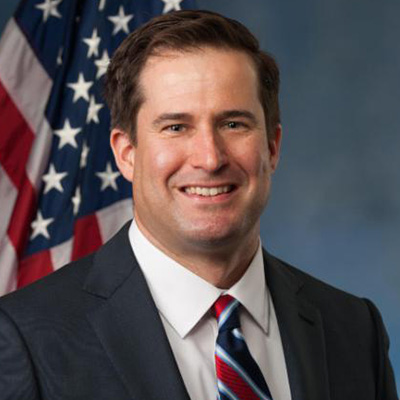
Assessed and Voluntary Contributions
WHO funding operates through two primary mechanisms: assessed contributions and voluntary contributions. Assessed contributions, determined by a country’s gross national income, population, and debt, are mandatory dues for all member states. The U.S. paid the world’s largest invoice for the 2018-2019 funding cycle, amounting to approximately $237 million. However, voluntary contributions play a more significant role in shaping the WHO’s specific programs and initiatives.
For the same 2018-2019 period, the U.S. voluntarily contributed an additional $656 million, nearly twice as much as any other nation. Unlike assessed contributions, which are pooled into the general WHO fund, voluntary contributions can be earmarked for specific purposes. A notable example is the U.S.’s contribution of $166 million towards the global polio eradication effort.
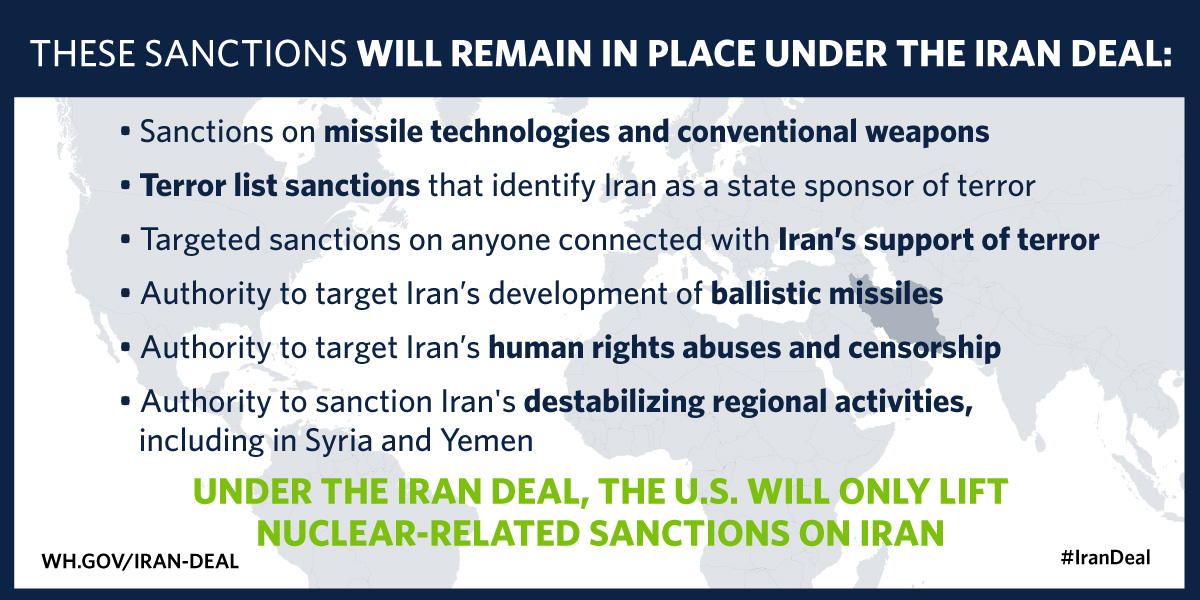
A Shift in U.S. Policy
The decision by the Trump administration to withdraw from the WHO marked a significant departure from this longstanding commitment to global health. This move, driven by allegations of mismanagement and a perceived lack of transparency regarding the organization’s handling of the COVID-19 pandemic, has raised concerns about the future of global health governance and the WHO’s ability to effectively address global health challenges.
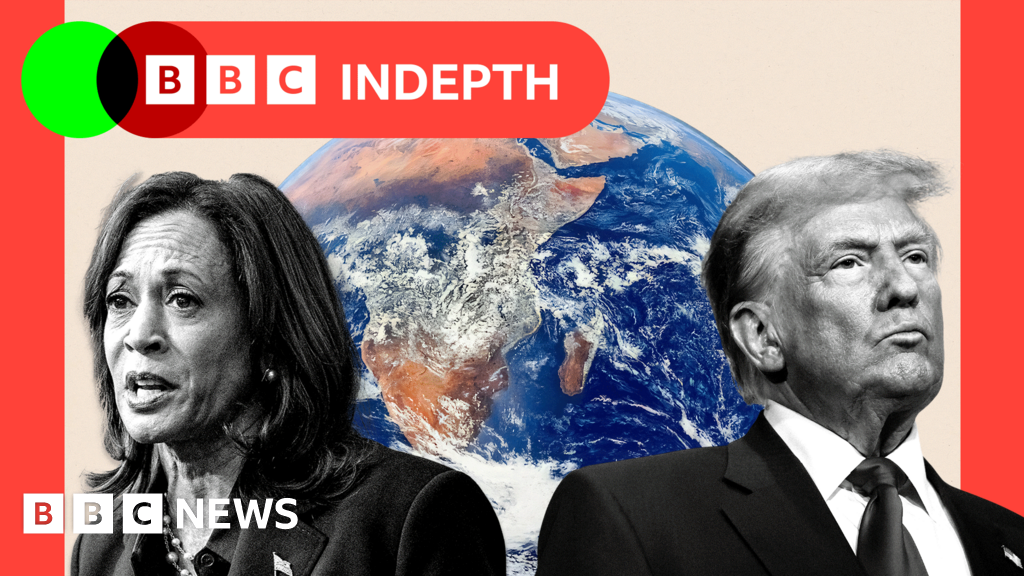
Implications of the U.S. Withdrawal
Financial Consequences
The loss of U.S. funding will undoubtedly have a profound impact on the WHO’s financial stability. While the organization has a reserve fund, it is unlikely to be sufficient to offset the significant shortfall created by the withdrawal. This financial strain could force the WHO to scale back its operations, reduce its staff, and potentially delay or cancel critical health programs worldwide.
Global Health Governance
The U.S. withdrawal from the WHO challenges the existing framework of global health governance. It raises questions about the future role and effectiveness of international organizations in addressing transnational health threats. The WHO, as the leading global health organization, plays a crucial role in coordinating international responses to outbreaks, providing technical assistance to countries, and setting global health standards. Its weakened position could leave a void in global health leadership, potentially hindering coordinated efforts to prevent and control future pandemics.
Impact on Global Health Initiatives
The withdrawal will likely have a detrimental impact on various global health initiatives spearheaded by the WHO. This includes efforts to eradicate diseases such as polio, combat HIV/AIDS, and address the growing threat of antimicrobial resistance. These initiatives often rely heavily on U.S. funding and expertise, and their success could be jeopardized by the withdrawal.
Global Reactions and Implications
WHO’s Response
The WHO has expressed its hope that the U.S. will reconsider its decision. Dr. Tedros Adhanom Ghebreyesus, the WHO Director-General, emphasized the importance of continued collaboration between the U.S. and the WHO, stating, “The world has long benefited from the strong, collaborative engagement with the government and the people of the United States…. It is WHO’s wish for this collaboration to continue.”
Global Health Community
The global health community has expressed concerns about the implications of the U.S. withdrawal. Numerous organizations and experts have called for the U.S. to reconsider its decision, highlighting the vital role the WHO plays in global health security and the potential consequences of its weakened position.
Impact on Global Health Partnerships
The withdrawal is likely to damage global health partnerships, particularly those between the U.S. and other countries. This could create a more fragmented global health landscape, making it more difficult to coordinate responses to health emergencies and achieve shared health goals.
The Future of Global Health Governance
Alternative Funding Models
The U.S. withdrawal from the WHO highlights the need for alternative funding models to support global health initiatives. This could involve increased contributions from other wealthy nations, the creation of new public-private partnerships, or the development of innovative financing mechanisms.
Increased Burden on Other Countries
The loss of U.S. funding will place a greater burden on other countries to support global health initiatives. This could strain the resources of developing nations, particularly those already facing significant health challenges. The responsibility for filling the funding gap will need to be shared more equitably among the global community.
Global Health Governance Reform
The U.S. withdrawal from the WHO raises questions about the need for global health governance reform. This could include strengthening the WHO’s structure and operations, improving its transparency and accountability, and addressing concerns about its decision-making processes. A more robust and responsive global health governance system is essential to effectively address the evolving health challenges facing the world.
Conclusion
As the United States announces its departure from the World Health Organization (WHO), the implications are far-reaching and profound. The article highlights the significant consequences this decision will have on global health, international relations, and the country’s own healthcare system. The lack of transparency and accountability in the Trump administration’s decision-making process raises concerns about the country’s commitment to global health and its willingness to work collaboratively with international partners.
The withdrawal from the WHO will not only undermine global efforts to combat pandemics and diseases but also erode the international community’s trust in the United States. The consequences of this decision will be felt not only in the United States but also around the world, where the WHO plays a crucial role in coordinating global health responses. The loss of American expertise, funding, and influence will leave a significant vacuum in the global health architecture, making it more challenging to address pressing health issues.

